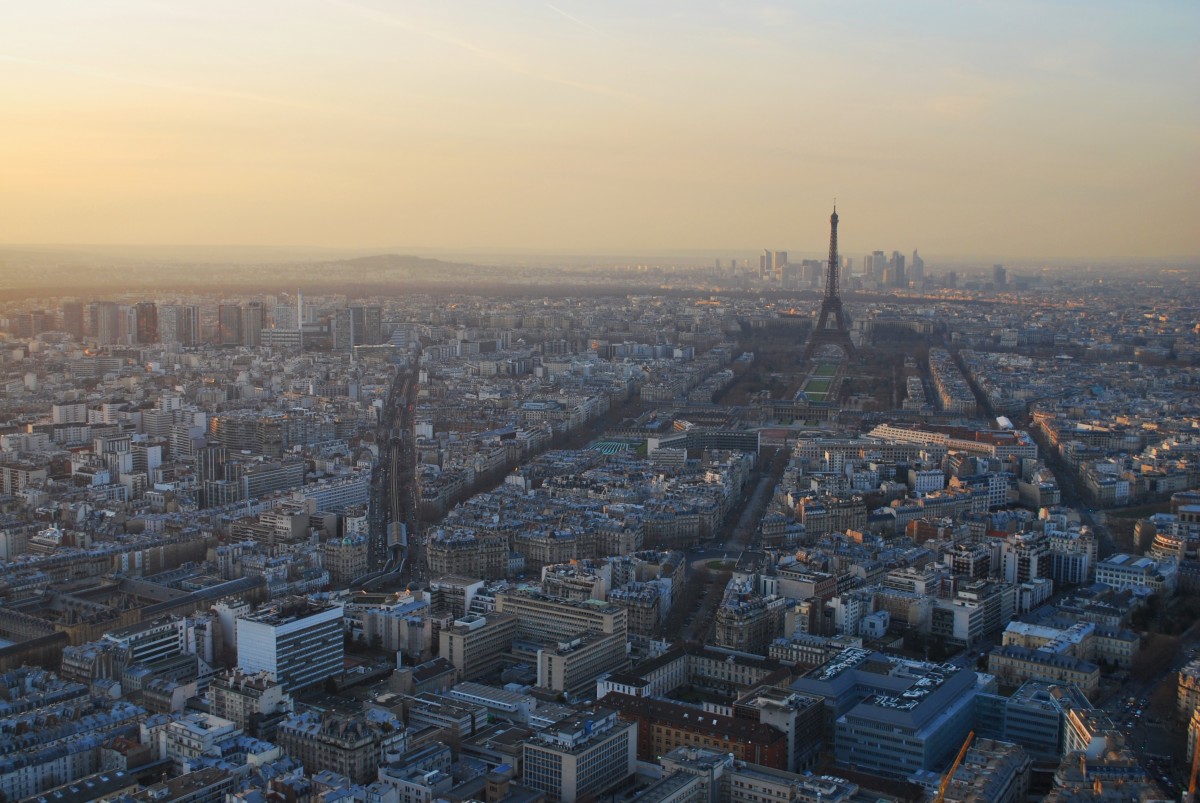Skift Take
U.S. and Chinese hotel performance surged in recent weeks while European properties saw a dive in demand. American and Chinese hoteliers shouldn’t waste time taking a victory lap.
European hotels took a hit from the Omicron variant to start the year while those in China and the U.S. saw impressive gains.
But the strain is still likely to pack a punch around the world.
Hotel performance across Europe is down 40 percent from two years ago, according to the most recent STR data. That compares to Chinese hotels seeing only a 3 percent decline while U.S. hotels, buoyed by the end of the holiday season and New Year’s Eve, were up more than 27 percent. The U.S. may have the stronger number, but this is a major win for China, which ran as much as 45 percent below 2019 levels over the last two months.
China’s hotel performance comeback broke a pattern at the end of last year where European hotels were performing better as a result of fewer travel restrictions. But the Omicron surge began to grip major European cities and even sent countries like the Netherlands into lockdown.
There are likely to be setbacks beyond Europe over the next few weeks.
An outbreak of Omicron cases in the Chinese city of Tianjin, about 80 miles south of Beijing, was discovered over the weekend. More cases were later detected hundreds of miles away in Henan province. The city of Xi’an — home to 13 million people — has been on lockdown from an earlier outbreak since Dec. 23, but Chinese officials haven’t reported any cases there tied to Omicron.
China’s zero-Covid policy typically ushers in a wave of lockdowns that send hotel performance plummeting. The country’s world-leading hotel recovery last summer cratered in just two weeks thanks to its stringent mitigation efforts. Its latest outbreak arrives at a highly inopportune time, as the country is weeks away from hosting the Winter Olympics in Beijing.
The U.S. continues to lead the world’s three largest hotel markets in terms of recovery, but there were signs of cracks in the foundation earlier this year. American revenue per available room — the industry’s leading performance metric — is largely driven by hotels charging higher daily rates rather than selling out hotel rooms.
While U.S. hotels may have performed significantly better in the most recent data set than prior to the pandemic, occupancy was weaker in certain sectors. Luxury hotel occupancy was at 69 percent in the most recent STR report compared to 83 percent in 2019, but the sector still performed nearly 16 percent better thanks to hoteliers charging higher rates during the recovery.
“Relative to 2019 there was stronger occupancy in lower-rated hotels and weaker occupancy in higher-rated hotels,” Truist Securities analysts noted in their most recent hotel data report. “We interpret the disconnect as a combination of Omicron demand impact, flight cancellations, and fewer activities/attractions open in big cities around New Years.”
U.S. hotels are also likely to see a performance pullback due to major events like the Consumer Electronics Show in Las Vegas last week running with significantly scaled-down operations or moving to virtual programming while the case surge continues.
There are some positive outlooks on the latest surge, meaning if any widespread impact on hotels from Omicron arrives, it is likely to subside in a matter of weeks instead of months. There were signs in recent days case counts may have peaked in various parts of the world, including New York City.
While Omicron may have dealt another blow to hotels in major cities around the world that typically rely heavily on business travel and international visitors, analysts are still rallying around the notion 2022 is going to be a good year for the industry — especially for hotels in the U.S.
A Bank of America report out Monday showed analysts there expect the U.S. hotel sector to perform only 2 percent below 2019 levels by the end of this year.
Have a confidential tip for Skift? Get in touch
Tags: coronavirus, coronavirus recovery, europe, omicron variant
Photo credit: Hotels in European cities like Paris (pictured) have seen the biggest negative performance swings during the Omicron surge. PxHere
